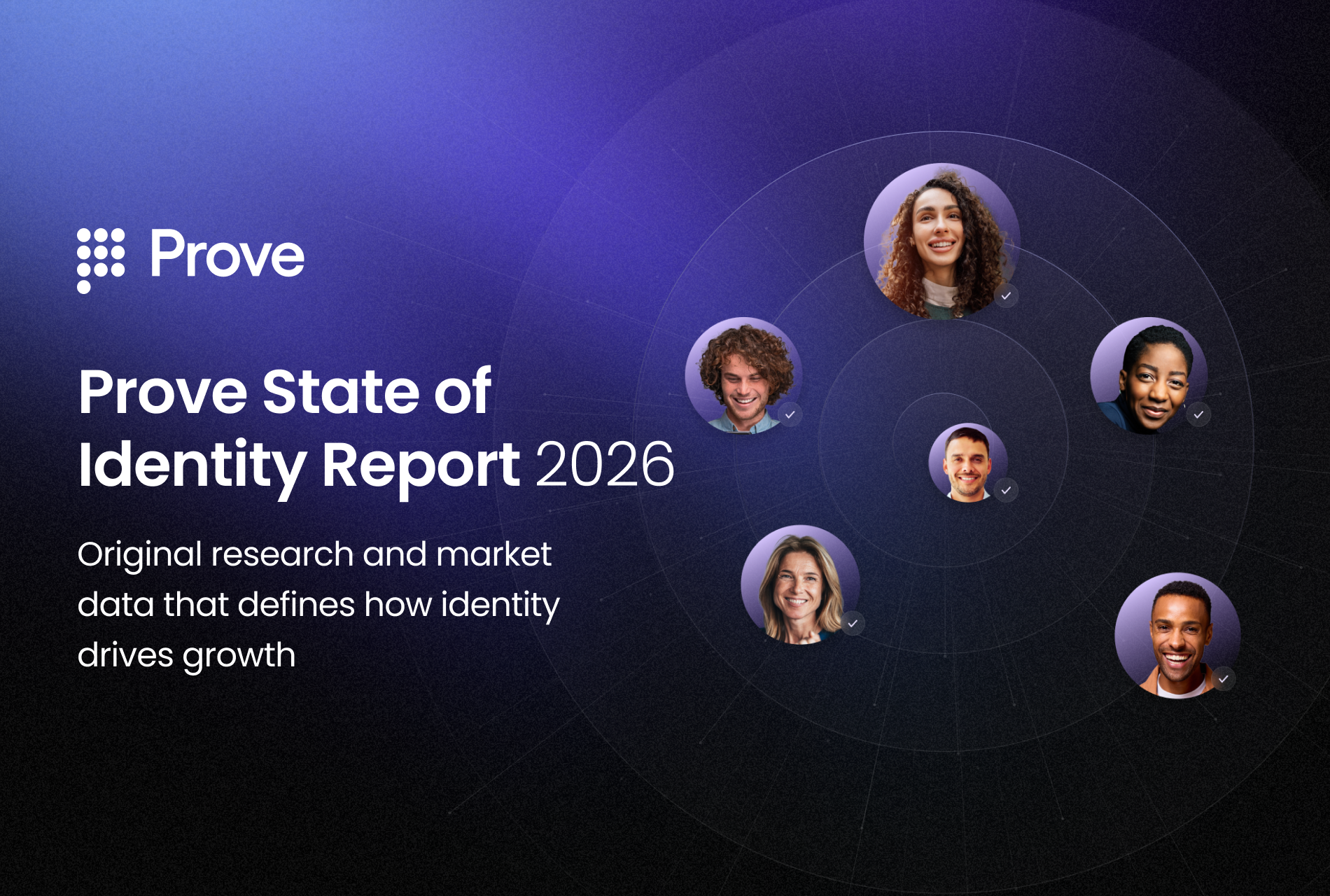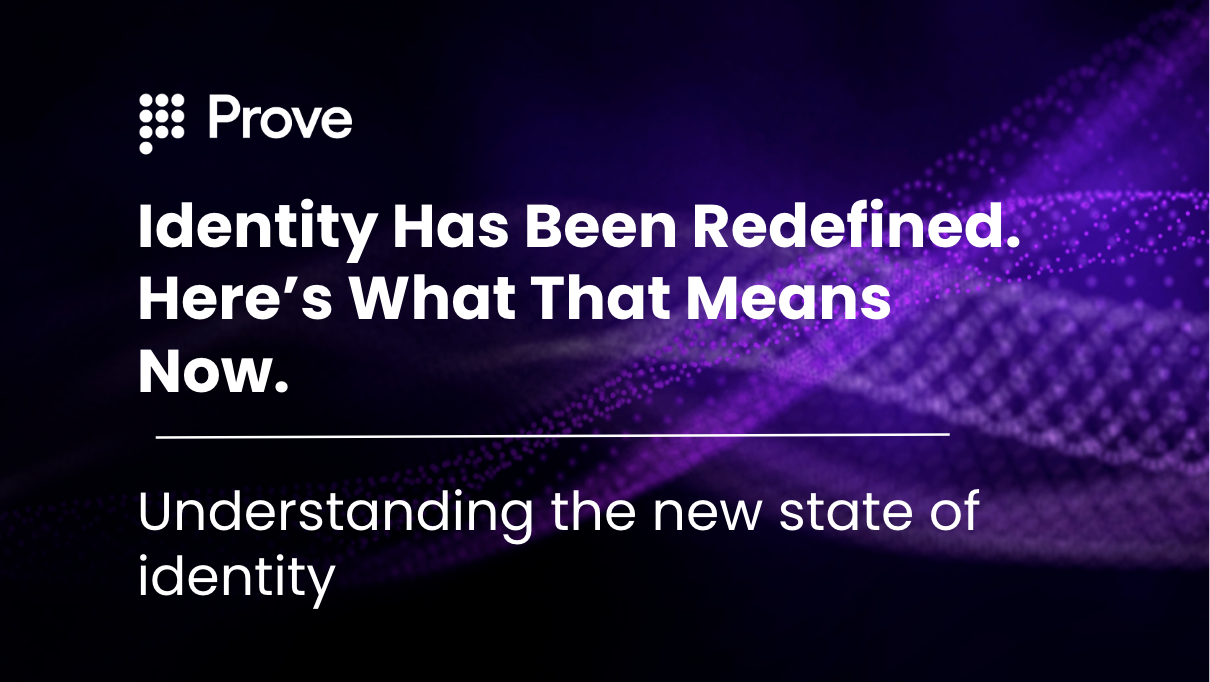My Asian American Experience: A Journey During the Pandemic
.webp)

“Go back to your country!”
This is what was shouted at me just four months into moving to New York during a global health crisis that has locked the nation in limbo for the past year and intensified undercurrents of prejudice and xenophobia. These undercurrents have been simmering for decades, centuries even since the first major Asian immigration wave to the Americas started in the 1800s.
This staggering incident took place last November, adding my experience to the trending increase in Anti-Asian bigotry and violence taking place in the United States. (Fact: Anti-Asian Hate Crimes have increased by +150% YoY)

For some background, I was born in Taiwan and raised in California, straddling two identities of being Asian and American. Growing up, I wasn’t fully comfortable in either identity, but as I’ve matured and gained confidence, I’m proud and celebratory of both identities.
However, for myself and many other Asians in the United States, the rise in Asian American and Pacific Islander (AAPI) hate comes as no surprise. Many people in the North American AAPI community can possibly share this sentiment — we’ve grown up surrounded by these feelings of otherness:
- The food we eat - “gross, your people eat that? that’s so weird.” to the “don’t you eat dogs and cats?”
- Our names - “why is your name so different, don’t you have an ‘American’ name?”
- The way we look and talk - “why are your eyes so small?” to the “why do your parents not speak English properly?”
- Microaggressions and stereotypes - “Asians are good at math, bad at driving, quiet and passive — not leader material”
- Mockery and/or appropriation of our culture - cue slant eye gestures, Apu in The Simpsons, and Halloween Geisha costumes
For many years, Asian Americans have been largely quiet, misrepresented, or have been ignored by mainstream media and the justice system on these issues. It is tied to pervasive (but untrue) model minority stereotypes, racial discrimination, etc. This and other incorrect perceptions have led to both a lack of awareness and even outright dismissal of the existence of Anti-Asian racism and violence in the US.
A recent survey conducted by the non-artisan non-profit group Leading Asian Americans United for Change (LAAUNCH) found that:
- Large groups of Americans are unaware of increased attacks against Asian Americans | 37% of White American, 30% of Black Americans, 24% of Hispanic/Latino Americans, and even 13% of Asian Americans were unaware of increased hate crime incidents
- Anti-Asian American racism isn’t viewed as a problem by a significant portion of Americans | 24% of White Americans, 16% of Black Americans, 14% of Hispanic/Latino Americans, and even 6% of Asian Americans don’t think that Anti-Asian American racism is a problem that should be addressed.
Speaking broadly, this is not a one-facet issue, it’s also entangled with cultural and societal influence. As Eileen Park Robertson, our Prove Power Hour guest speaker touched on this month — many Asian Americans have been encouraged by our families to not be vocal, that it’s better to be silent. Shaking up the status quo just causes issues for our families and communities. However, I’m emboldened by the newer generation that is turning this view upside down, being vocal about injustice, and are actively involved in taking back our narrative.
%2520.png)
2020 has been a grueling but transformative year. It has taught me that this past model of heads-down silence is a broken one. Continuing to be silent is destructive to progress. We need to stop avoiding discussing the hard issues, start self-advocating, and tackling prejudice head-on. Our silence and stagnancy contribute to an ongoing negative feedback loop. As humans but also working professionals, begin to bring your full, authentic self to work (an activity we spend a significant part of our lives engaged in). This is the new model we should strive for.
But it’s not all doom and gloom. There is a lot to be celebratory and grateful for in this past year. AAPI Heritage Month provides us with a time to live, learn, and share our diversity with others. As an Asian American, this month represents to me both a celebration of America’s diversity but also a renewed focus on the efforts still needed to help close the gap disparity — whether it’s societal or professional. I don’t aim to speak for the broader community; I only know and live my personal and cultural reality. But I would love to help be a connector and help bridge the gap between ignorance and action. Here are some ways I believe would support effective allyship and advocacy for our AAPI communities:
- Donate to the many AAPI causes
- Ask questions of your AAPI peers, but also do your own research — it’s not the job of your AAPI peers to educate you
- Encourage an environment where prejudice doesn’t take root — that means speaking up when you see or hear something and actively supporting the AAPI community
- Address unconscious biases at work by changing your hiring process and employee reviews. As self-starters and leaders, what can you do to mitigate this for your peers and teams?
- For more ways to be a better AAPI ally, this is a good starting point article
There is still a lot more progress left to be desired for the Asian American and Pacific Islander (AAPI) community. This AAPI Heritage Month, I’m grateful to come out of this past year with more strength, resilience, and support from my community, friends, family, and peers. I’m celebrating my AAPI community who have had to not only contend with the pandemic’s effects but also pull through an extremely challenging time socially. It’s been a tough year, but we’ve come out of it stronger, vocal, and hungry for change.


Keep reading
 Read the article: Prove’s State of Identity Report Highlights the New Rules of Digital Trust
Read the article: Prove’s State of Identity Report Highlights the New Rules of Digital TrustProve’s State of Identity Report explores why traditional point-in-time verification is failing and how businesses can transition to a continuous, persistent identity model to reduce fraud and improve user experience.
 Read the article: The Super Bowl Highlights the Scale of Fraud in Online Sports Gaming
Read the article: The Super Bowl Highlights the Scale of Fraud in Online Sports GamingLearn how advanced identity verification helps sports betting operators combat fraud, deepfakes, and AI-driven threats.
 Read the article: Identity Has Been Redefined. Here’s What That Means Now.
Read the article: Identity Has Been Redefined. Here’s What That Means Now.In an era of deepfakes and automated fraud, traditional one-time identity verification is no longer enough. Learn why organizations must transition to continuous, adaptive identity systems to ensure security without sacrificing seamless user growth.












